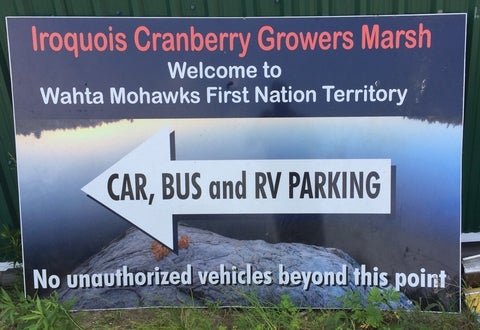This project examines intersections of Indigenous livelihoods and contemporary tourism in Ontario’s “near north”, a perceptually demarcated leisure landscape among urban dwelling visitors. While social scientists have traced the production of tourism within this region, and its myriad effects on diverse groups, limited attention has focused on how First Nations in the area actively engage, relate to, or may ultimately benefit from tourism. Accordingly, objectives of this research are to:
1) understand how tourism policy and promotional landscapes complement, alter, or detract from Indigenous livelihoods;
2) collaborate with specific First Nations to identify community perspectives on using tourism to recover and maintain cultural livelihoods; and
3) interpret the effects of tourism experiences designed with First Nations on transformative learning and cross-cultural awareness.

Research is employing a multiple case study design that integrates discursive, participatory, visual, and narrative methodologies. These approaches are oriented by collaborations with First Nations and aim address social challenges of tourism and northern development. Specifically, research outcomes will generate policy directions, service opportunities, and community infrastructures that foster reconciliation, disrupt settler colonial narratives, and promote visions of sustainable and prosperous futures for all set out in the Ontario Innovation Agenda (OIA). The research is training highly qualified personnel as engaged scholars with knowledge and skills to further advance social and cultural benefits for Ontario.
This project is supported by an Ontario Ministry of Research and Innovation Early Researcher Award 2016-2021.